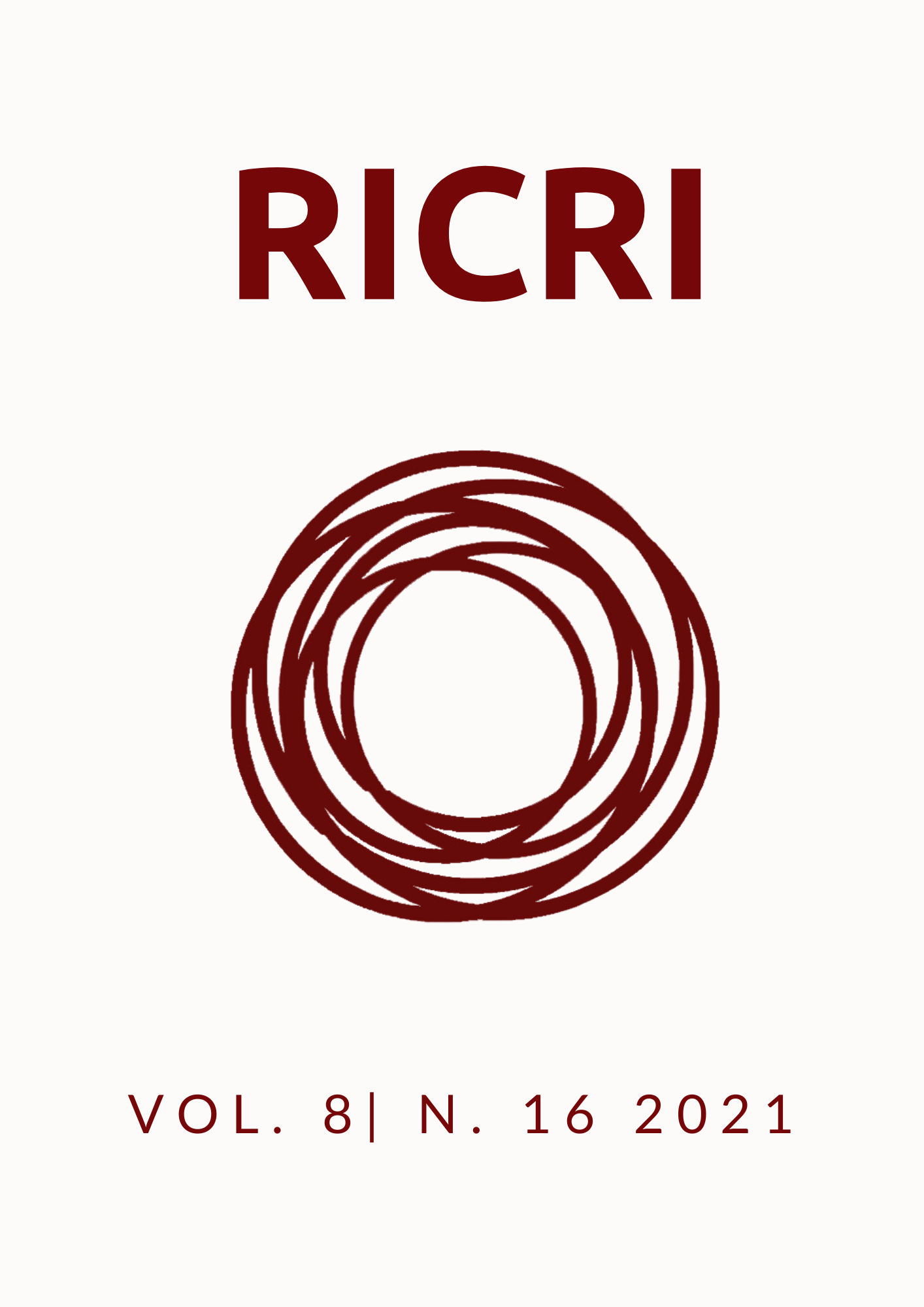Tecnologias espaciais usadas no combate aos efeitos das secas: o caso de Angola
DOI:
https://doi.org/10.22478/ufpb.2318-9452.2021v8n16.57779Abstract
Southern Angola suffers a long period of drought, with temperatures recorded in 2019, being the highest in 45 years (UNICEF 2020, 2). This situation directly affects Angolan daily life, which brings the necessity for projects that monitor and mitigate the effects of drought. With that, satellite technologies are a great ally in the study, providing real-time information for decision making. The National Space Management Office (GGPEN), created in 2013, was the milestone of the beginning of the Angolan space program, being directly responsible for the country's space issues. This article aims to explore the projects in the Angolan space sphere that have contributed to the monitoring of drought in the country through satellite technology and how scientific diplomacy helps in this process.
Downloads
Published
How to Cite
Issue
Section
License
Authors who publish with this journal agree to the following terms:
a. Authors retain copyright and grant the journal right of first publication with the work simultaneously licensed under a Creative Commons Attribution License that allows for sharing of work with acknowledgment of its initial publication in this journal.
b. Authors are able to take on additional contracts separately for non-exclusive distribution of the version of the work published in this journal (e.g., post it to an institutional repository or as a book), with an acknowledgment of its initial publication in this journal.
c. Authors are permitted and encouraged to post their work online ( eg, in institutional repositories or on their website) at any point before or during the submission process, as it can lead to productive exchanges , as well as increase the impact and citation of published work ( See the Effect of Open Access).




